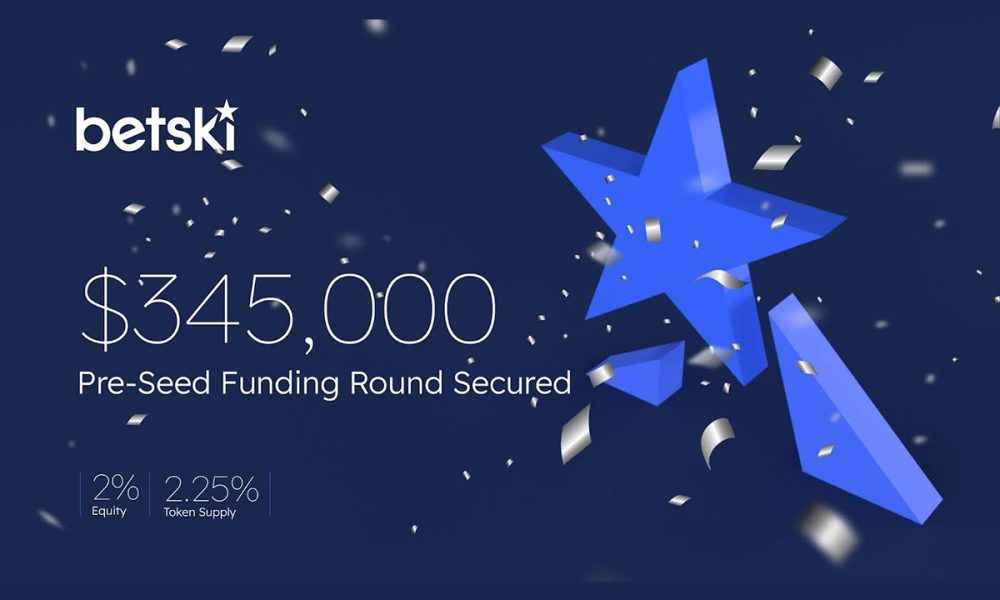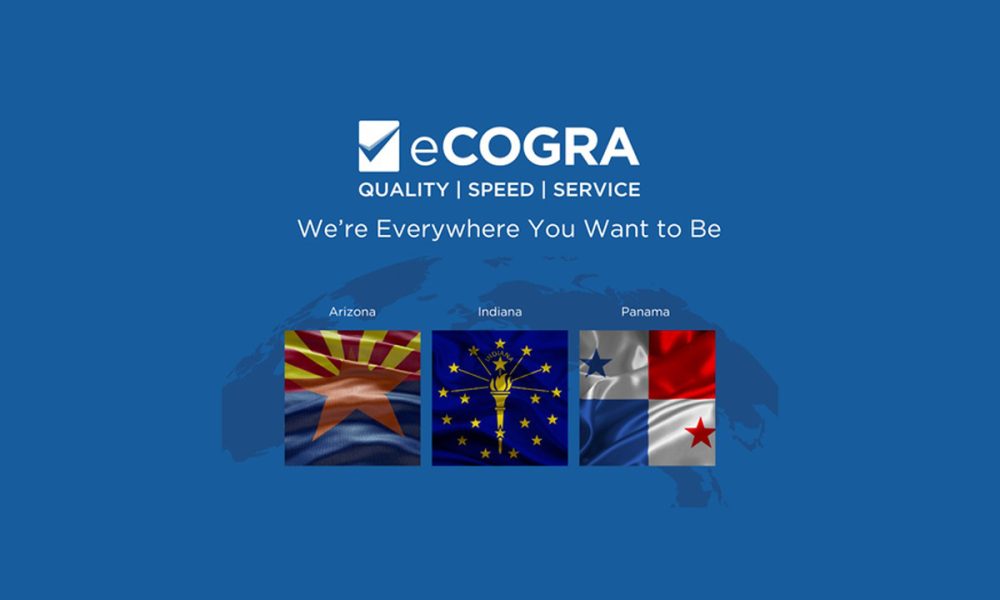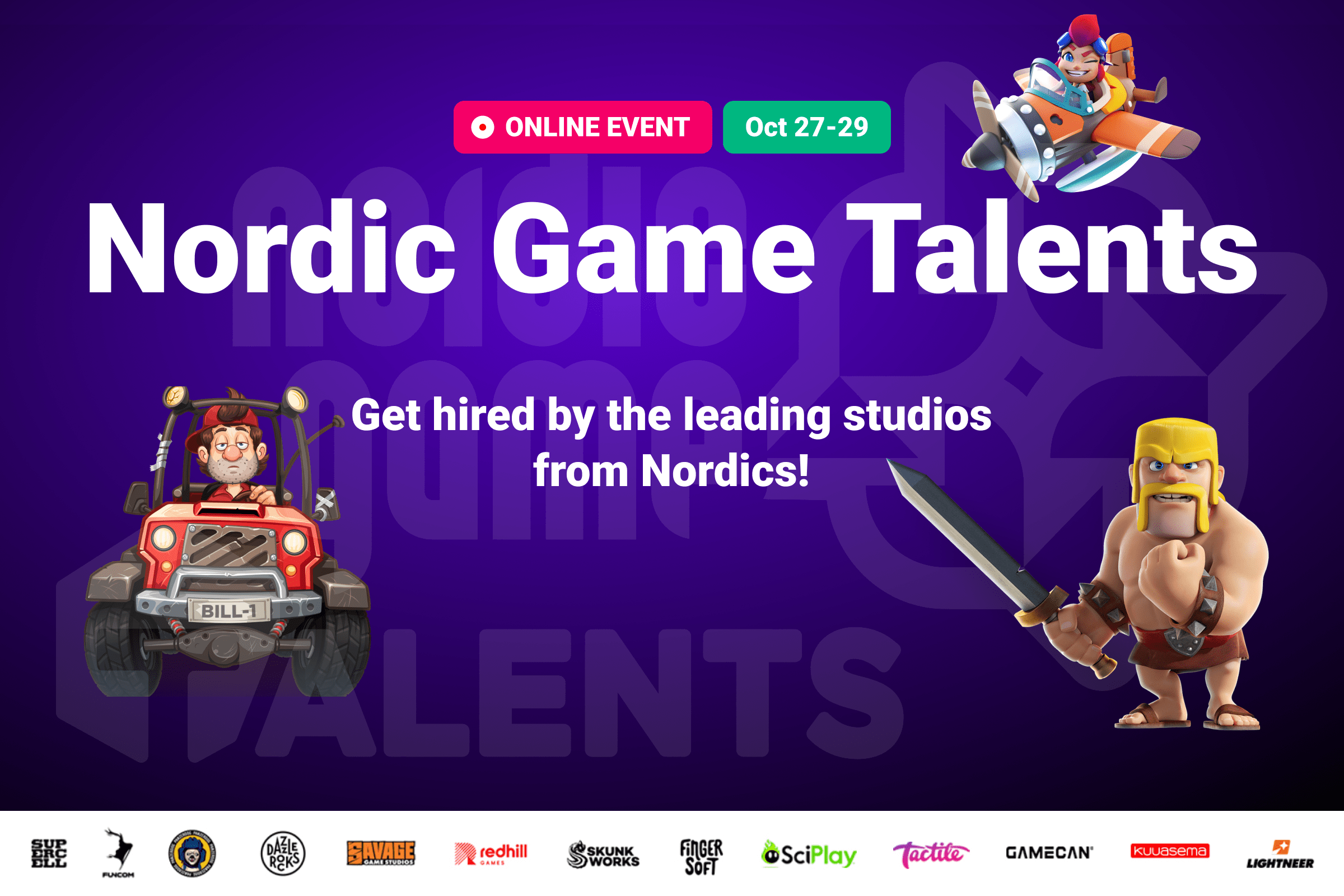iGaming Industry
Heightened antitrust/competition law risk for sport governing bodies facing new market entrants

In recent years, the European Commission (EC) and National Competition Authorities (NCA) have shown increased appetite to investigate sport governing bodies in relation to rules that restrict competition from new market entrants (principally, “outsider” commercial event organisers). These rules most commonly operate by either imposing on new market entrants to respect the rules and regulations of the sport as conceived by the governing body, and/or by disciplining athletes (and other participants, such as coaches, match officials etc.) if they participate in events that are not sanctioned (i.e. approved) by the governing body.
The most notable recent case in relation to such rules is the EC’s continuing investigation into the eligibility rules of the International Skating Union (ISU). This case represents the most significant intervention by the EC in this area since the landmark Fédération Internationale de Sport Automobile (FIA) case in the late 90s/early 00s, in which the EC expressed concerns that the FIA was using its regulatory powers to exclude competing events for its own commercial benefit, ultimately leading to significant structural changes in the organisation of Formula One following commitments offered in order to meet those concerns.
The ISU is the sole body recognised by the International Olympic Committee to regulate the sports of figure skating and speed skating on ice. Its members are national ice skating associations (the ISU is therefore at the top of the ‘pyramid’ for ice skating).
The ISU’s eligibility rules impose bans on ice skaters, potentially for life, if they participate in events not approved by the ISU. A complaint about these rules was made by two Dutch professional speed skaters, Mark Tuitert and Niels Kerstholt, resulting in the EC opening proceedings in October 2015. On 27 September 2016 – despite the ISU making changes to its rules in June 2016 – the EC sent a Statement of Objections to the ISU, stating that the EC’s preliminary view was that the ISU’s rules unduly restricted the athletes’ commercial freedom and prevented new entrants from organising alternative events, because they were unable to attract top athletes.
In announcing the Statement of Objections, Commissioner Vestager alluded to the balance that is to be struck:
‘International sports governing bodies play a unique role in setting the rules of the game and ensuring standards of conduct. They are responsible for both the health and safety of athletes and for the integrity of competitions. We have concerns that the penalties the ISU imposes on skaters through its eligibility rules are not aimed at preserving high standards in sport but rather serve to maintain the ISU’s control over speed skating.’
The ISU’s immediate reply, by way of press release (also dated 27 September 2016), was a robust one. It stated:
‘Any allegation that the ISU’s rules are somehow anti-competitive appears to be based on a misplaced understanding of the governance structure of sport and the Olympic movement. The European Union’s founding Treaty as well as the EU institutions have long recognized the autonomous governance structure of sport as being essential to the protection of the integrity, safety and health in sport. These rules benefit sports organizers, sportspersons and spectators…
It appears then that the European Commission has failed to take adequate account of the importance of the legitimate objectives pursued by the ISU’s eligibility rules. A neoliberal and deregulated approach to sport could destroy the Olympic values underpinning sport.’
The ISU case is not the only recent case, and NCAs have either opened or decided cases such as:
- Italy, in relation to provisions of the Federazione Italiana Sport Equestri (FISE) providing it with exclusive jurisdiction over sporting and/or recreational activities and restricting FISE members (riders, technicians, trainers, etc.) from participating in events outside FISE’s jurisdiction;
- Sweden, in relation to rules of the Swedish Bodybuilding Federation (SKKF) under which members were suspended or fined if they participated in events not affiliated to SKKF; and
- Belgium, in relation to the ‘unsanctioned events’ rule of the Fédération Equestre Internationale (FEI), according to which the FEI had the power to suspend for up to six months riders, horses and officials from participating in FEI-promoted events if they participated in events not approved by the FEI.
The ‘pyramid structure’ of sports governance
Those involved in European sport will be familiar with the pyramid structure of sports governance, whereby a sport will have one international federation sitting above continental and/or national federations (which might in turn sit above a number of regional federations). Indeed, the pyramid model is one unique characteristic of sport that the EC has long recognised: the so-called “specificity of sport” includes:
‘…a pyramid structure of competitions from grassroots to elite level and organised solidarity mechanisms between the different levels and operators, the organisation of sport on a national basis, and the principle of a single federation per sport.’
The pyramid structure has a number of advantages for the governance of sport, including:
- enabling sports to define uniform rules, both on and off the field (including the rules of play, anti-doping regulations, anti-corruption regulations etc.);
- aiding the equitable distribution of revenue from the elite to the grassroots level, encouraging participation, development and competitive balance; and
- the prevention of conflict within sport, which is desirable for the selection of national athletes and teams, and the identification of champions at each level of the sport.
The pyramid structure is justified and it should not be automatically offensive from a competition law perspective, and there are several good reasons why sports governing bodies will seek to protect it by introducing rules which may have an anti-competitive effect. Indeed, these rules could negatively impact the economic interests of “outsider” event organisers and any participants who may wish to participate in events organised by them. Drawing the line between these competing interests is not a straightforward exercise.
The relevant legal test
Put very simply, it is settled that sporting rules with economic effects are compatible with EU competition law if they pursue a legitimate objective and if the restrictions that they create are inherent and proportionate to reaching that objective.
So, for example, it would be a legitimate objective for a governing body to seek to ensure uniform application of anti-doping regulations across participants in its sport, for instance by testing athletes prior to their participation in events. However, it may be disproportionate for a governing body to prevent any participation of athletes to events organised by new entrants and to ban an athlete for life should he/she participate in such an event without the possibility of an appeal.
Concluding remarks
Competition law challenges can represent a significant burden on the resources of sport governing bodies, and significant penalties can arise in the event of a finding of infringement (up to 10% of their global turnover).
There is a clear recent trend for governing bodies to be challenged by competition authorities at both the European and national level. This trend is likely to continue as rules that restrict competition are common to sports that adopt the pyramid model (which is most sports across Europe), and athletes and new entrants demonstrate continued and perhaps increasing willingness to challenge the perceived anti-competitive behaviour of sports governing bodies.
On the one hand, competition law respects the ability of sport governing bodies to pursue legitimate sporting objectives in a proportionate manner. On the other hand, their decision making process must ensure that their regulatory power is not misused to grant them a commercial advantage. Sports governing bodies would therefore be well advised to review their rulebooks to ensure that they mitigate the risk of antitrust challenge.
The post Heightened antitrust/competition law risk for sport governing bodies facing new market entrants appeared first on Eastern European Gaming – News – Interviews – Legal Market Updates – Premium Reports – Events – Directory.
Source: EEGaming.
gaming operators
XT.COM Announces Listing of Zenex

XT.COM has announced the listing of ZNX (Zenex), an AI-driven payment infrastructure token designed to revolutionize the $107B+ iGaming industry. The ZNX/USDT trading pair will be available in the Innovation Zone (RWA), providing traders with access to a token that brings real-world business utility, enhanced fraud protection, and verifiable revenue-sharing mechanisms to online and land-based gaming operators.
Imagine a payment ecosystem where betting operators no longer need to freeze millions in capital reserves, where players enjoy seamless transactions across continents, and where token holders benefit directly from the growing gaming industry. That’s not a future promise – it’s what Zenex delivers today.
At its core, Zenex solves the gaming industry’s biggest challenge – the massive capital reserves required by traditional payment systems. Through the innovative blockchain and AI infrastructure, gaming operators who hold ZNX can reduce their reserve requirements by up to 30%, instantly freeing up capital for growth and operations.
The Zenex ecosystem combines multiple revenue streams that directly benefit ZNX token holders:
• Operational Betting Shops: The expanding network of profitable locations across Kenya generates consistent revenue, with systematic buybacks supporting token value.
• Advanced Payment Infrastructure: Already processing millions in monthly transactions, the payment solution helps operators reduce costs while improving transaction efficiency.
• White-Label Gaming Solutions: The proprietary platform powers multiple online casinos and betting operations, generating steady transaction volume.
• Innovative Mini-Games Platform: A suite of engaging games drives player engagement and creates additional revenue streams.
• Premium Card Solution: The upcoming Zenex Card will revolutionize how players access and manage their funds across 150+ countries.
The Zenex Advantage:
• Systematic Buybacks: A portion of all gaming revenue is used to buy back ZNX tokens, creating sustainable price support.
• Token Utility: Operators holding ZNX benefit from reduced reserve requirements, creating natural demand from the $107 billion iGaming industry.
• Strategic Lock-ups: Smart contract-based locking mechanisms ensure long-term price stability.
• Community Governance: Token holders participate in key decisions about platform development and charity initiatives.
The post XT.COM Announces Listing of Zenex appeared first on Gaming and Gambling Industry in the Americas.
Alejandro Navarro
Betski Secures $345,000 in Pre-Seed Funding for First-ever Tokenized Casino Ownership Platform

Betski is set to launch its online casino ownership platform in Q1 of 2025, enabling users to earn casino profits through digital tokens. The system will allow anyone to receive a share of casino earnings without managing casino operations, marking a new chapter in the multi-billion-dollar iGaming industry. Supported by a $345,000 pre-seed funding round, the platform aims to democratize access to casino earnings and reshape the multi-billion-dollar gaming industry.
Opening Casino Ownership to Everyone
The platform’s tokenization system reshapes traditional casino business rules through an automatic profit-sharing program. Token holders receive a percentage of every bet placed on the platform.
This system eliminates steep entry costs, such as operational expenses, licensing fees, and administrative management. Users can start earning returns without previous casino experience or large capital investments.
“A small group have exclusively enjoyed casino industry profits until now. Our platform opens these earnings to everyone through our tokenized profit-sharing system, turning users into online casino owners,” said Alejandro Navarro, founder and CEO of Betski.
Direct Profit-Sharing Through Tokens
Through a verified digital system, the ownership program distributes Gross Gaming Revenue (GGR) among token holders. Investors have recognized this potential, contributing $345,000 in pre-seed funding that combines gaming entertainment with digital asset ownership. The platform maintains strict security protocols and automated distribution systems for reliable profit sharing.
“The platform distributes real money to token holders from every bet placed by players. This creates a steady income stream for online casino owners – something the traditional casino structure has never offered,” said Navarro.
Global Growth of Online Casino Ownership
The platform has attracted 2400 active Discord members and over 20,000 followers on X (formerly Twitter). These early adopters are expected to participate in test runs of the profit-sharing system once it goes live. Over the next 24 months, the platform will roll out first in Latin America, followed by expansion into European and select Asian markets.
Betski offers casino games, live casino experiences, eSports betting, global lotteries, fantasy sports, and traditional sportsbooks. This variety creates multiple revenue streams for online casino owners. Players can access all gaming options through a single interface, which streamlines the betting experience and maximizes potential returns for token holders.
The team has partnered with major payment processors and marketing agencies to support the platform’s global expansion. These collaborations will facilitate smooth transactions and user acquisition across different regions. The platform meets all regulatory requirements in its target markets, certifying long-term stability for token holders.
New Opportunities for Investment
Following the successful pre-seed round, Betski is now opening its seed funding round to welcome additional participants into its casino ownership platform. This investment opportunity enables individuals and entities to join the platform’s growth journey ahead of its official launch in Q1 2025.
Bradley Khoury
eCOGRA Approved to Operate in Arizona, Indiana and Panama

eCOGRA, a leading international authority in Testing, Inspection and Certification services for the iGaming industry, has secured new regulatory approvals across three key jurisdictions: Arizona, Indiana and Panama. With these developments, eCOGRA strengthens its position in the U.S. and Latin American markets, offering excellence in compliance through their Quality, Speed, and Service promise.
This strategic expansion allows eCOGRA to conduct independent compliance audits and certification services in each region, addressing the growing demand for rigorous regulatory oversight in the fast-evolving global iGaming industry.
Securing approval in Arizona, where eCOGRA has now been licensed as an Event Wagering Ancillary Supplier, enables the International Testing Laboratory (ITL) to audit event wagering licensees in line with Arizona’s expanding regulatory landscape. Indiana, which introduced online sports betting in September 2019, has authorised eCOGRA to perform regulatory compliance audits, providing licensed operators with crucial assurance in meeting the state’s high standards.
In Panama, the Board of Gaming Control officially recognised eCOGRA as an Authorised Entity for Compliance Certification, specifically for slot machines and gaming software. This endorsement reinforces eCOGRA’s role as a trusted partner for operators seeking to meet stringent regulatory requirements in Latin America’s emerging iGaming sector.
“Our recent approvals in Indiana, Arizona, and Panama underline our dedication to continually expand our offering, to support our growing portfolio of clients with their global growth plans. We are committed to ensuring that we bring the same quality, speed and service that marks us out to both our clients and regulators in these dynamic markets,” said Will Shuckburgh, Group CEO of eCOGRA.
Bradley Khoury, Chief Technology Officer at eCOGRA, said: “Securing licensure as an Event Wagering Ancillary Supplier in Arizona and an Authorised Entity in Panama underscores our dedication to supporting responsible and sustainable iGaming operations. We are committed to driving trust and accountability within the industry by providing compliance solutions that uphold the highest standards.”
-

 gaming3 years ago
gaming3 years agoODIN by 4Players: Immersive, state-of-the-art in-game audio launches into the next generation of gaming
-
EEG iGaming Directory9 years ago
iSoftBet continues to grow with new release Forest Mania
-
News8 years ago
Softbroke collaborates with Asia Live Tech for the expansion of the service line in the igaming market
-
News7 years ago
Super Bowl LIII: NFL Fans Can Bet on the #1 Sportsbook Review Site Betting-Super-Bowl.com, Providing Free Unbiased and Trusted News, Picks and Predictions
-
iGaming Industry8 years ago
Rick Meitzler appointed to the Indian Gaming Magazine Advisory Board for 2018
-
News7 years ago
REVEALED: Top eSports players set to earn $3.2 million in 2019
-
iGaming Industry8 years ago
French Senator raises Loot Boxes to France’s Gambling Regulator
-
News7 years ago
Exclusive Interview with Miklos Handa (Founder of the email marketing solutions, “MailMike.net”), speaker at Vienna International Gaming Expo 2018













